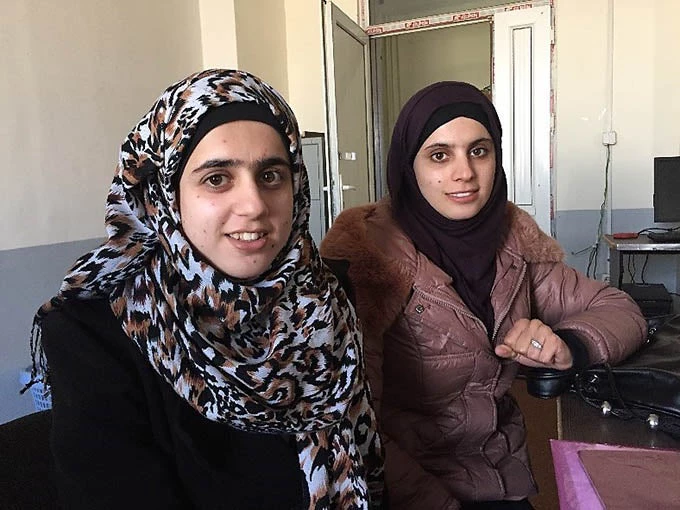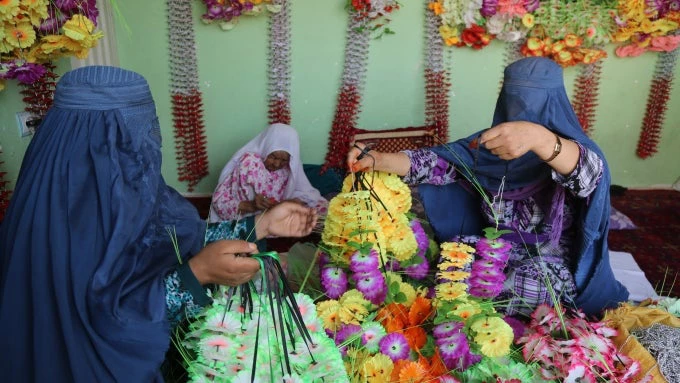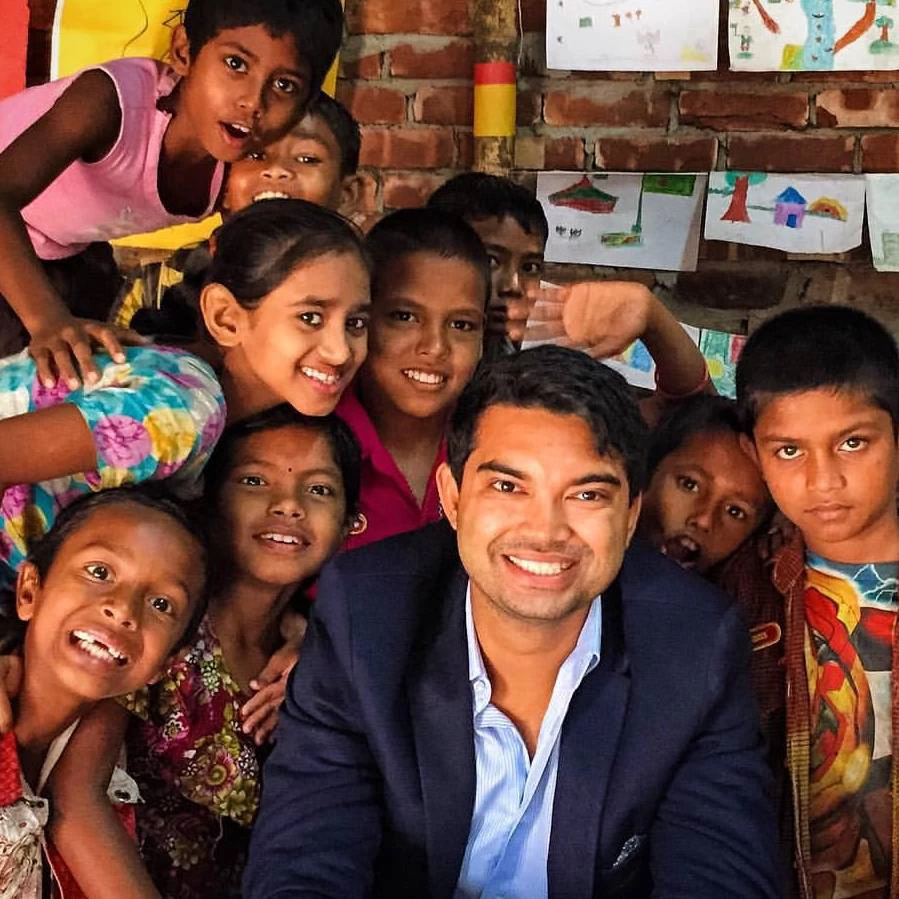
Fatima brimmed with optimism. The 19-year-old recently established a poultry enterprise with the support of a micro-grant, and was thrilled at the prospect of financial independence.
“After my family moved from Pakistan, I had few options for work,” she said from her home in the Paghman district in the outskirts of Kabul. “The grant not only allowed me to start my own poultry business, but let me work from my own home.”
With over half the population under the age of 15, Afghanistan stands on the cusp of a demographic dividend. To reach their full potential, Afghanistan’s youth need to be engaged in meaningful work – enabling young people to support themselves, but also contribute to the prosperity of their families and communities.
However, in a recent Asia Foundation survey, over 70 percent of Afghan youth said unemployment was their biggest challenge. Against the backdrop of a cooling economy and falling private investment, job opportunities are few and far between. The formal labor market struggles to absorb the 400,000 Afghans that join the workforce each year.
The recent influx of returning refugees, combined with pressure from internally displaced persons has made the jobs agenda even more pressing.

While there is no silver bullet, bringing more young people into the economic fold requires broader thinking – including creating opportunity through self-employment and entrepreneurship. The global evidence on entrepreneurship promotion programs is promising - especially for interventions that combine access to finance with additional skills and business training. Not only are young entrepreneurs usually more active in high-growth sectors, they are also more likely to employ other youth, feeding a virtuous cycle.
But as any young would tell you, starting a business is never easy. The aspirations of younger entrepreneurs are often dashed by the lack of savings, limited access to financial resources, and the lack of information and social connections.
Fortunately, policy makers are paying attention. The Afghanistan National Peace and Development Framework as well as the newly drafted Afghanistan National Youth Policy identify youth entrepreneurship as a key driver of the economic inclusion, particularly for young women.
To support the agenda, the Ministry of Labor, Social Affairs, Martyrs & Disabled is piloting a micro-grants scheme to improve access to finance for aspiring entrepreneurs – targeting illiterate and underemployed youth in rural and semi-urban areas – under the Non-Formal Approach to Training, Education and Jobs in Afghanistan (NATEJA) Project financed by the Afghanistan Reconstruction Trust Fund (ARTF).
Initial results have been promising. Following outreach by Public Employment Service Centers in three provinces, over 17,000 youth had submitted business plans for a competitive selection process. After an assessment of the business plans for viability and authenticity, 2500 entrepreneurs were selected to receive seed funding.
To support the sustainability of these new enterprises, a subset of these entrepreneurs will receive business skills training, counseling, as well as mentoring from local business leaders. To contribute to the evidence base, a randomized control trial will assess the impact of the micro-grants on future employment outcomes and earnings, the results of which will be published in 2017.
Breaking Barriers
Rather encouragingly, a third of the entrepreneurs from the pilot were female - reflecting shifting gender norms around the economic participation of women. Across the provinces, girls like Fatima have established clothing and tailoring shops, beauty salons, handicraft production outfits and livestock and poultry farms.
In the 2016 survey of the Afghan People, 74 percent of respondents felt women should be allowed to work outside the home. Increasingly, young women are redefining their roles in their economic and social spheres - overcoming entrenched norms related to decision-making and mobility. Major government programs like the National Solidarity Program and the Citizen’s Charter Project are also continuing to broaden women’s engagement within their communities.
Going forward, opening up more economic avenues for women will mean addressing rigid occupational segregation, increasing provision child-care to support women who bear the disproportionate share of household responsibilities, as well as reducing barriers to the ownership and control of assets.
As Fatima’s story grows increasingly common across Afghanistan, the trend is promising. “I have grown up working on my neighbor’s poultry farms”, she said. “Soon people will be working for me.”


Join the Conversation